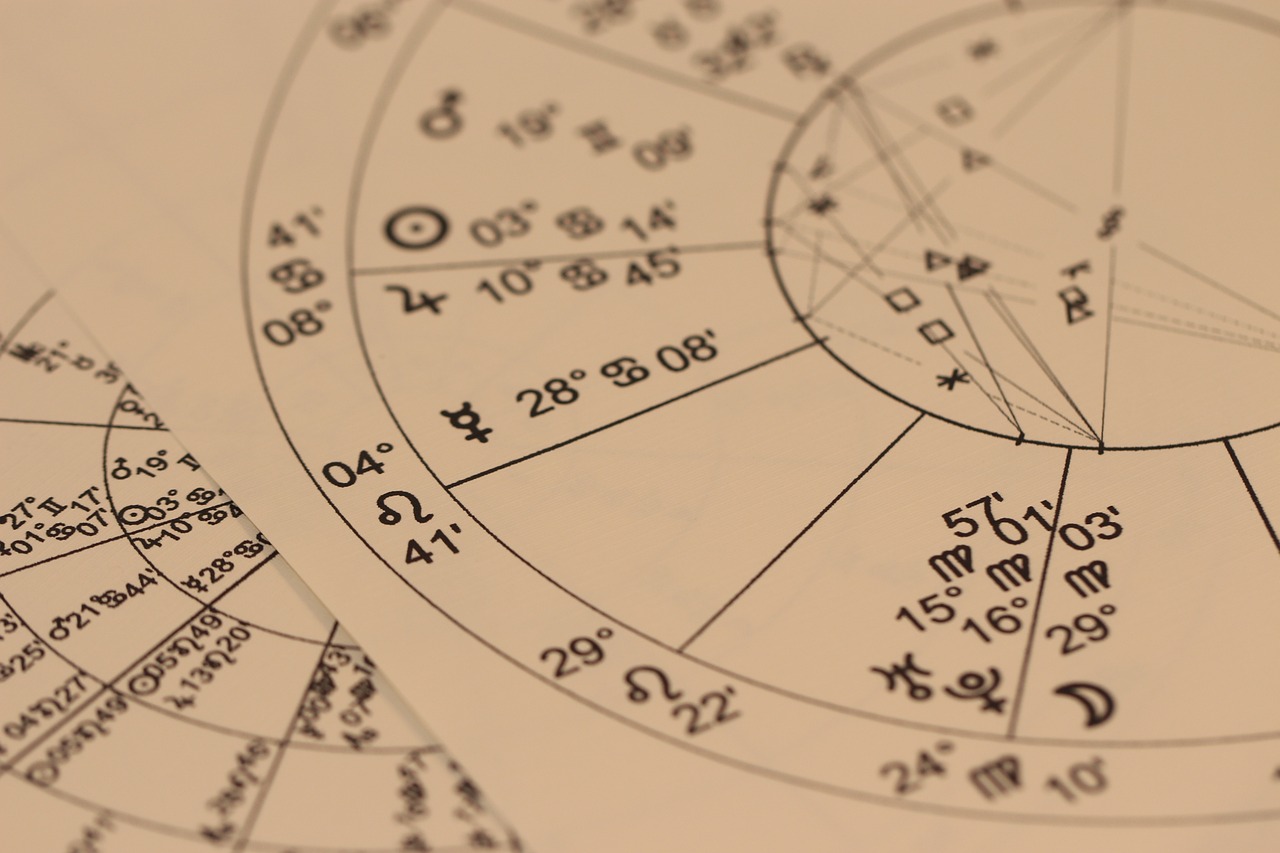Your Zodiac Sign is NOT What You Think
Astrology has captivated human imagination for millennia, offering insights into personality traits and life paths. However, what if the zodiac sign you've always identified with isn't actually yours? This revelation has sparked a renewed interest in astrology, prompting many to question their cosmic identity and explore alternative astrological systems.

Is Your Birth Chart Hiding Surprising Secrets?
Traditional Western astrology assigns zodiac signs based on the sun’s position at birth. However, this system doesn’t account for the precession of the equinoxes, a astronomical phenomenon that has shifted constellation alignments over time. This discrepancy has led some astrologers to propose alternative zodiac systems, such as the sidereal zodiac, which aligns more closely with current astronomical positions.
How Can You Discover Your “True” Zodiac Sign?
Several online quizzes and calculators claim to reveal your “real” zodiac sign based on more precise astronomical data. These tools often incorporate the sidereal zodiac or other alternative systems. While intriguing, it’s important to approach these results with an open mind and a healthy dose of skepticism. Remember that astrology is a complex field with various interpretations and systems.
What Personality Traits Might You Have Overlooked?
Exploring alternative zodiac systems can unveil personality traits you may have never associated with yourself. For instance, someone who identifies as a fiery Aries in the tropical zodiac might discover they’re a grounded Taurus in the sidereal system. This shift can offer fresh perspectives on your strengths, weaknesses, and potential areas for personal growth.
Are You Truly Living According to Your Sign?
Whether you stick with your traditional zodiac sign or explore alternatives, the key question remains: Are you authentically embracing the qualities associated with your astrological profile? Many astrology enthusiasts find value in reflecting on their sign’s characteristics and considering how they align with their lived experiences and personal values.
What’s the Truth Behind Your Astrological Element?
Fire, earth, air, and water – the four elements play a crucial role in astrological interpretations. Your zodiac sign’s element is thought to influence your temperament and approach to life. However, if your sign changes in an alternative system, so might your elemental association. This shift can offer a new lens through which to view your emotional responses and decision-making processes.
Interesting Facts About Astrology and Zodiac Signs:
- The Babylonians are credited with the birth of astrology, developing it over 2,400 years ago.
- There are actually 13 constellations in the zodiac, but only 12 are commonly used in Western astrology.
- Some cultures, like Vedic astrology in India, have always used the sidereal zodiac system.
- NASA’s discovery of a 13th constellation, Ophiuchus, sparked debates about zodiac accuracy in 2016.
- Your rising sign, determined by the constellation ascending on the eastern horizon at birth, is considered equally important to your sun sign by many astrologers.
How Accurate Are Horoscopes, Really?
The accuracy of horoscopes is a subject of ongoing debate. While many find personal meaning in their daily forecasts, skeptics point out the “Barnum effect” – the tendency to accept vague, general statements as specifically applicable to oneself. Scientific studies have failed to find consistent evidence supporting astrological predictions. However, proponents argue that astrology’s value lies more in self-reflection and personal growth than in concrete predictions.
Ultimately, the journey to discover your “true” zodiac sign is less about finding a definitive answer and more about exploring different perspectives on your personality and life path. Whether you embrace traditional Western astrology, investigate alternative systems, or approach the entire field with skepticism, the key is to use these tools for self-reflection and personal growth rather than rigid categorization.
The shared information of this article is up-to-date as of the publishing date. For more up-to-date information, please conduct your own research.




